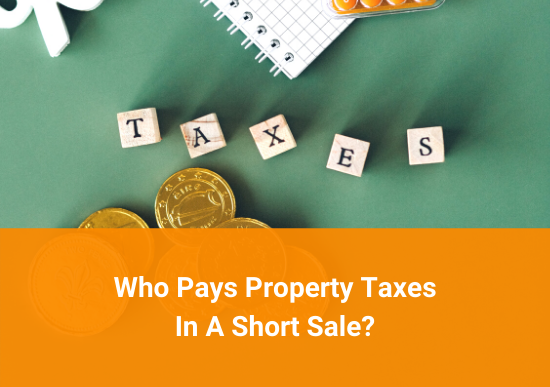When selling a home as a short sale, buyers, sellers, and even agents often wonder who will pay the outstanding property taxes. Does the buyer have to pay them? Does the seller have to pay? Or, does the short sale lender pay?
At Short Sale Expeditor®, our team of short sale processors and short sale negotiators has closed over 1000 short sale transactions and the answer to this question is pretty simple, really: if the person who is processing the short sale, has accurately calculated the outstanding property taxes until the date of closing, 99.9 out of 100 times, the short sale lender will pay the property taxes.
What’s tricky here is that while a person who is preparing and processing a short sale can probably figure out the amount of the outstanding property taxes, the unknown is when the short sale will actually close and what the final property taxes figure will be. For example, let’s say that you lose the buyer after three months and have to find another buyer and then the bank delays. It could be 5-6 months before the short sale closes. And, if you have not accurately calculated the property taxes until the date of closing when you submit the short sale to the lender, then you may find yourself short funds to close the short sale transaction.
While we do know that the short sale lender (the mortgage holder) will most likely pay the property taxes, it takes a careful and detailed person to work out the numbers in order to get that short sale processed correctly.
If you or anyone you know needs help with a short sale, please do not hesitate to
contact our team.
